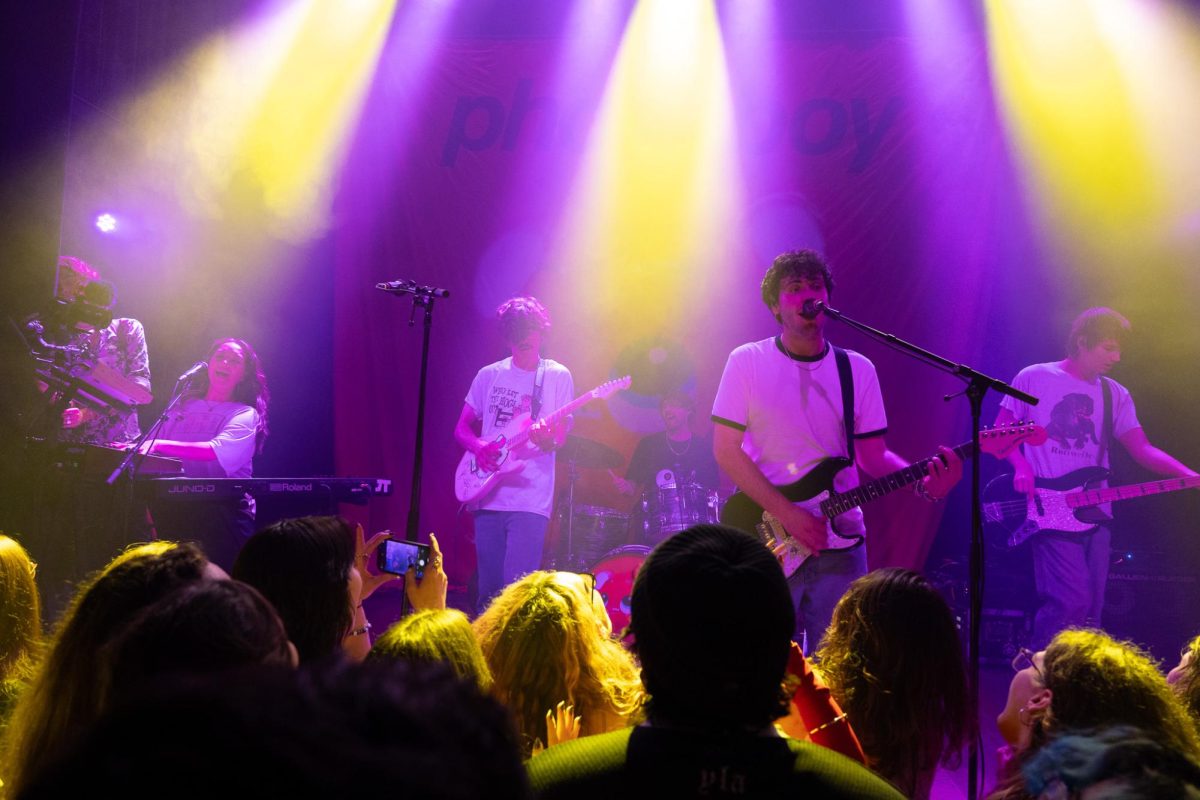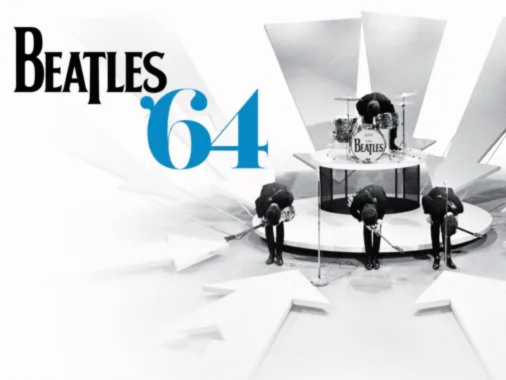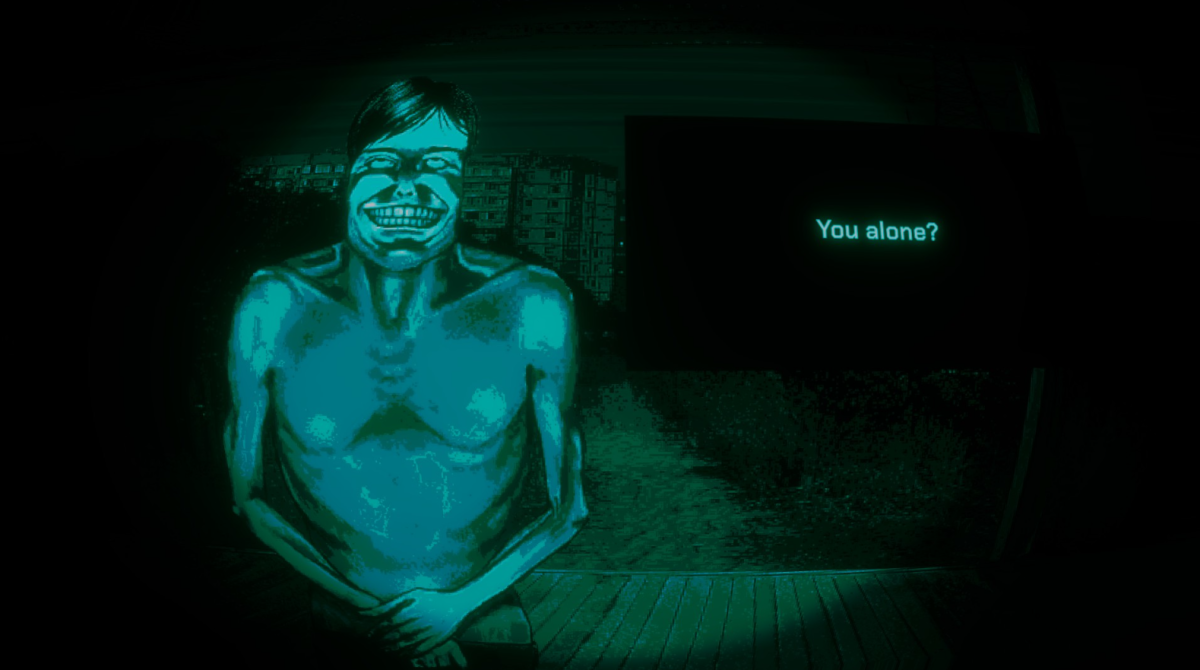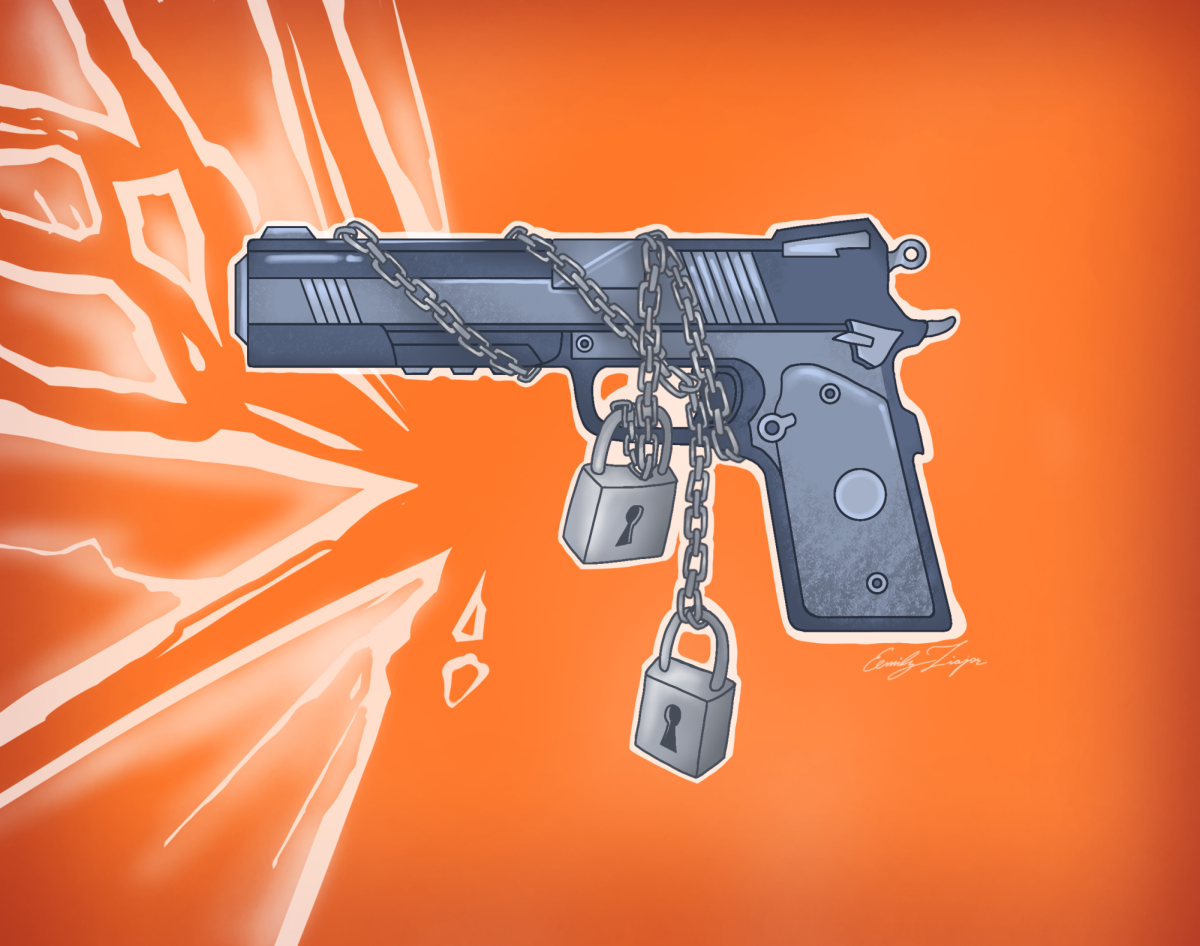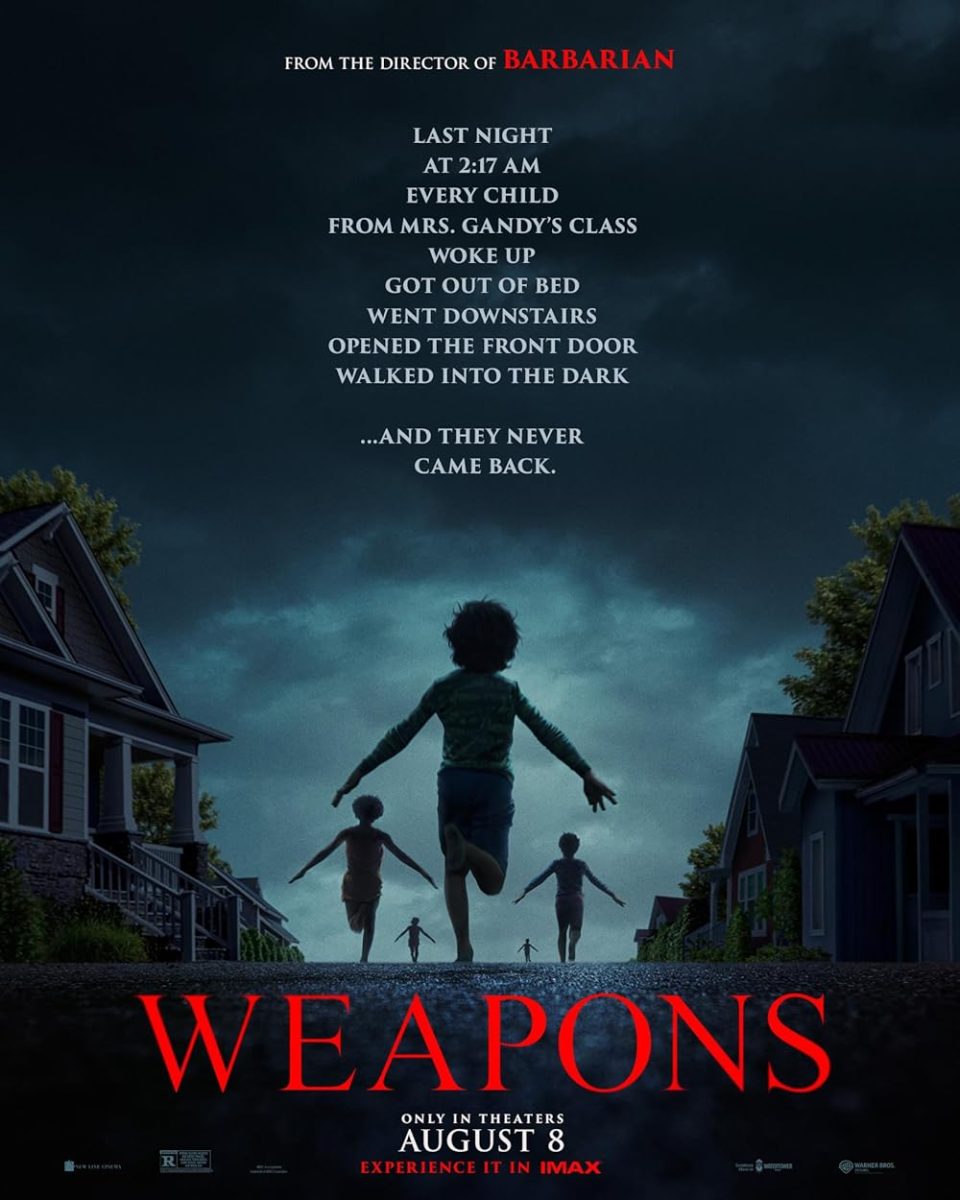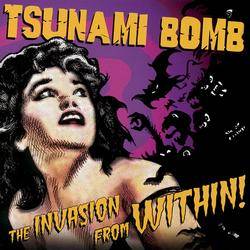
Editor’s note: This article has been changed to correct some information. The editor has changed the number of people in the group and the singer on a particular chorus.
The obscurity of the internal human is vast. What remains in the shadows within us is where the root of all fears is. The belief there is an equilibrium, a balance, something to provide an equal footing for the things that make us and the things that hurt us. The things that are truly scary are the things we do to one another, the capability to hurt those around us, and a lot of the time, hurt ourselves in the process. Such as captured in the profound, masterfully composed and awesome first EP, “The Invasion From Within” by California punk rock quintet Tsunami Bomb.
Released on Feb. 27, 2001, by Tomato Head Records, the band received acclaim, achieving underground status and quickly transitioned into heavy touring and performance. In the spirit of Halloween, the band’s take on horror punk (punk music mixed with ominous melodies, semi-grotesque lyrics and an overall frightening sound) mixed with lighter, pop punk elements. It makes for an album that is still unique enough to be played new to contemporary young adult audiences today.
“The Invasion From Within” eerily, but wonderfully, initiates the experience that is the EP. The titular track perfectly converts emotions into a type of fear or monster within that keeps one in its clutches. Lyricist Emily “Agent M” Whitehurst’s vocals seamlessly enable the harder punk elements and the lighter pop elements to converge in a manner that pays off for the listener.
Essentially, it is a track that uses emotions as the theme by which to communicate how inhibitive they can be. The song’s fast-paced melody and poly-rhythmic lyrics are layered to highlight the menacing nature of how being led by your emotions can turn you into something to be feared, or conversely, how fearful it is to be taken over by your emotions.
“No One’s Looking” brilliantly highlights the emotive and melodic talents of the band. The song is about reaching out and breaks down emotions related to isolation. The band employs a chaotic sound expressive of the horrific nature inside us which pairs with Whitehurt’s melodic lament. It’s most poignant in the chorus, “When will we gain back the trust we’ve been breaking?/How can we stop all the clocks we’ve been racing?/Thought that we had grown, now we’re all alone/Seems that time isn’t all that we’re wasting.” The band’s melodic repetition of the chorus exhibits the aforementioned fear, not just for perpetuating solitary behavior, but mainly the lack of consideration for others and refusing to treat strangers as fellow human beings.
“No Good Very Bad Day” is truly explicit in its nature. You can’t get more genuine than having a shit day and wanting to talk about needing to get away from it all. The track is relatable, and it highlights all the fears and insecurities of a bad day. While still chaotically fast paced and kinda short, coming in at under 2 minutes, the replay value and standing in solidarity with such a human occurrence makes for difficult times but connected listens.
“Marionette” is another relative human experience track. There is nothing worse than trusting someone until realizing the person they exhibited to be to you is false. Truly terrifying is how the background music is dauntingly providing structure for the track and how brilliantly the music for the track supports Whitehurst’s powerful vocals. The track highlights the pitfalls of falsehood and melodically calls out individuals who chose to misrepresent themselves falsely to reap selfish benefits. While the track is about falsehood, it is still performed confidently and styled in a way that plays positively, which is a supportive value to it directly from the band.
“Lemonade” is the breakout single from the EP. What makes the track so ridiculously good is the self-solidarity and passionate performance from Whitehurst. Any nostalgic and knowledgeable punk rock fan from the time knows how great this song is, and the message of the song still stands. For the morose nature of the EP, the track is a departure and self-positive song about treatment. The song advocates for the listener to not take crap from anyone. Keyboardist Oobliette Sparks takes over for Whitehurst in the chorus; Sparks sings, “thanks, thanks for nothing/I’ve taken all you got and started walking (I’m walking)/Not broken! Still standing!/Been ripped apart but now/I’m demanding/No more shit/This is it/I’m leaving for myself and no one else/So long!/Been swell!/See you in hell!” The vocal layering provided by the mixing of the track really reinforces the overall message of the song.
“Not Forever” finalizes both the trend of solidarity and the EP as a whole. It’s still a departure and more of a lyrical continuation of “Lemonade” but explicitly circles back to the isolationary emotions of the first song. That being said, it also employs some of the same self-sufficient ideas but subtly highlights self-sufficiency on the underpinnings of anxiety and denotes the mind, ourselves, as that which is truly to be afraid of.
While essentially a punk rock EP, “The Invasion From Within” laser focuses on the nature of emotions and denotes a darkness within us. However, there are also songs written on the contrary and describe the difficulty of sifting through those emotions to be happy, in an environment or world that does not sustain happiness. Whether we should fear finding that within ourselves to be content or fear the internal, the EP serves as an example of how truly terrifying the world is. And if we at least acknowledge it, that’s one step closer to conquering fear in its entirety.
Happy Halloween!
5/5





